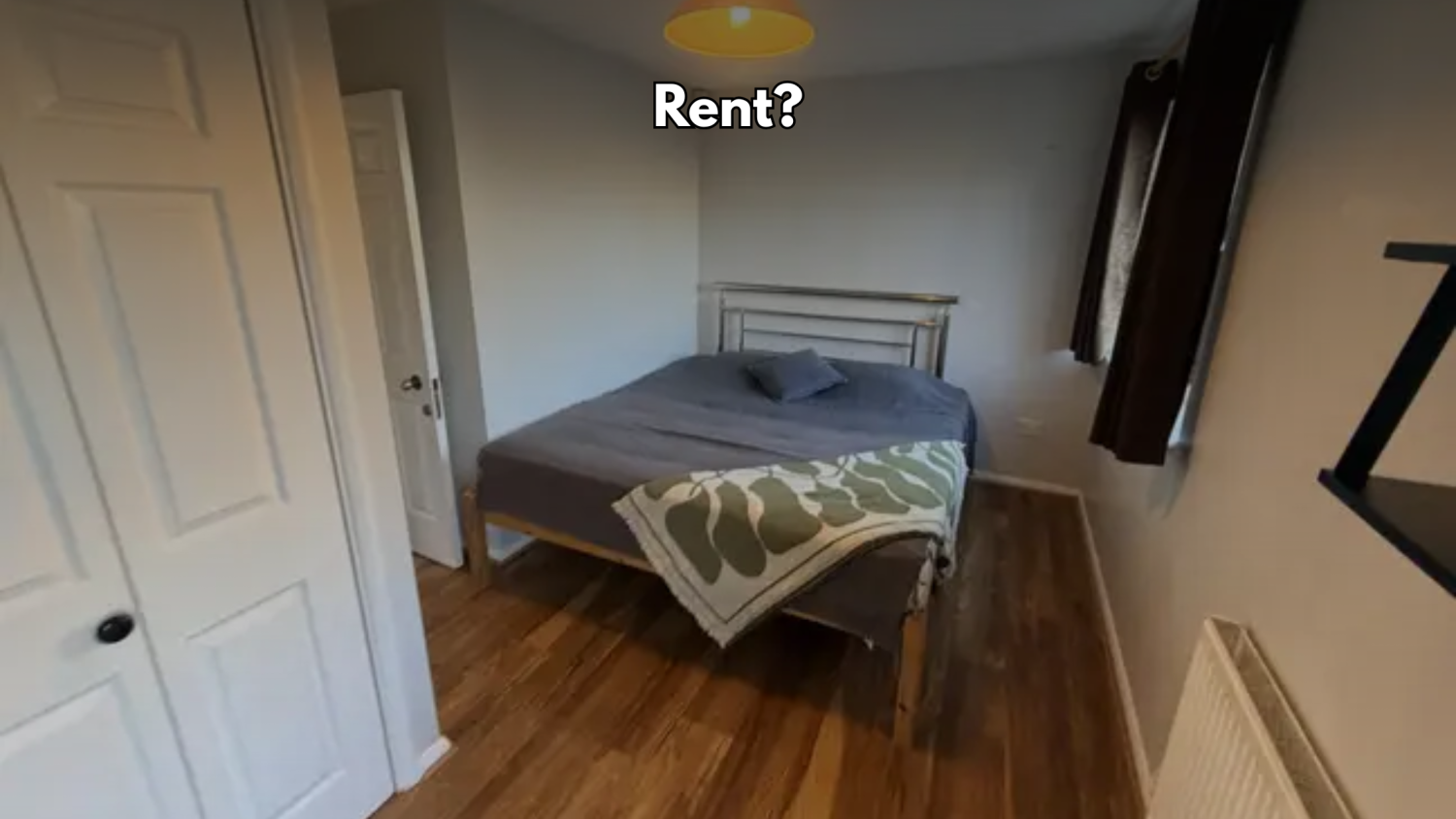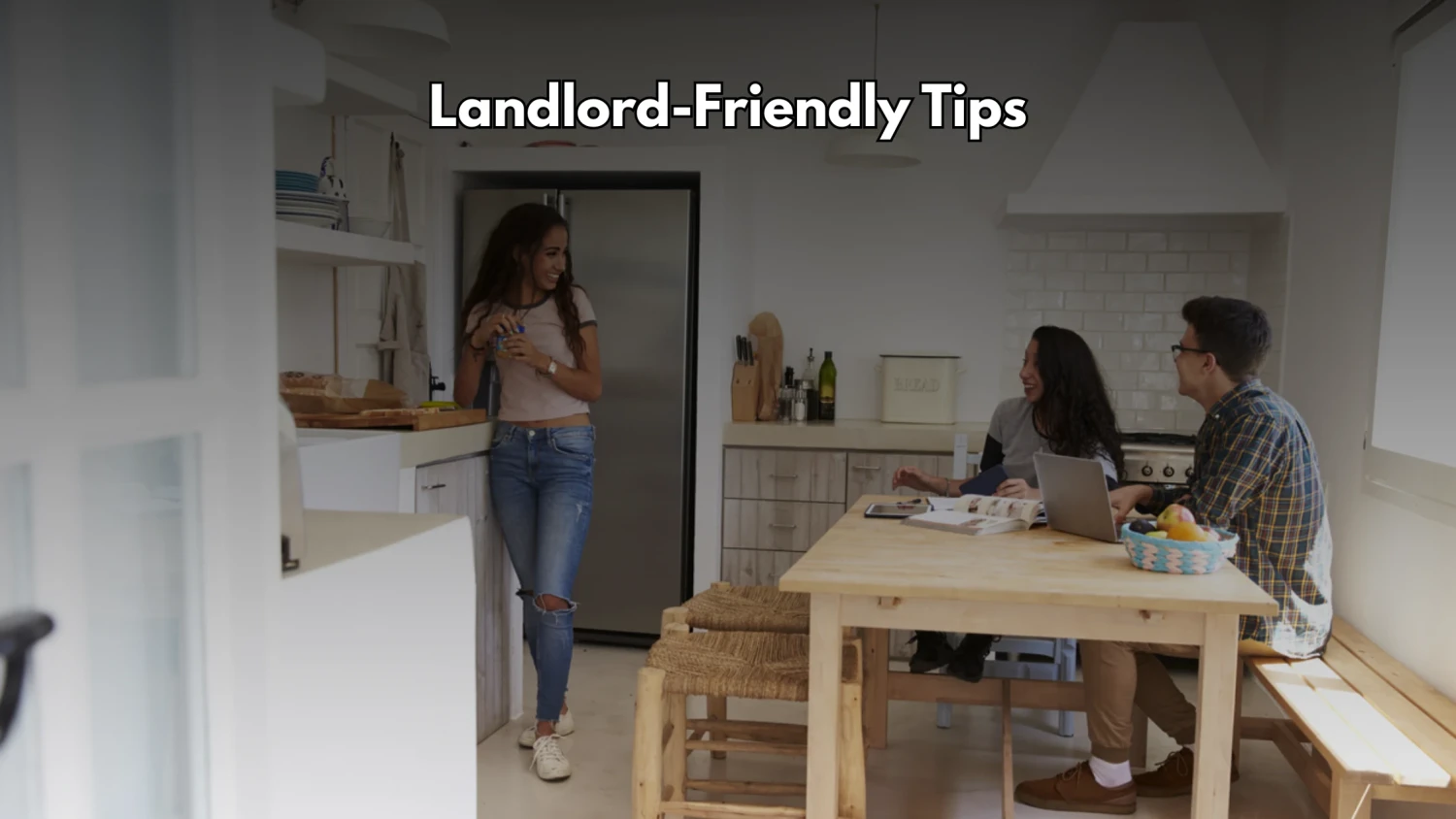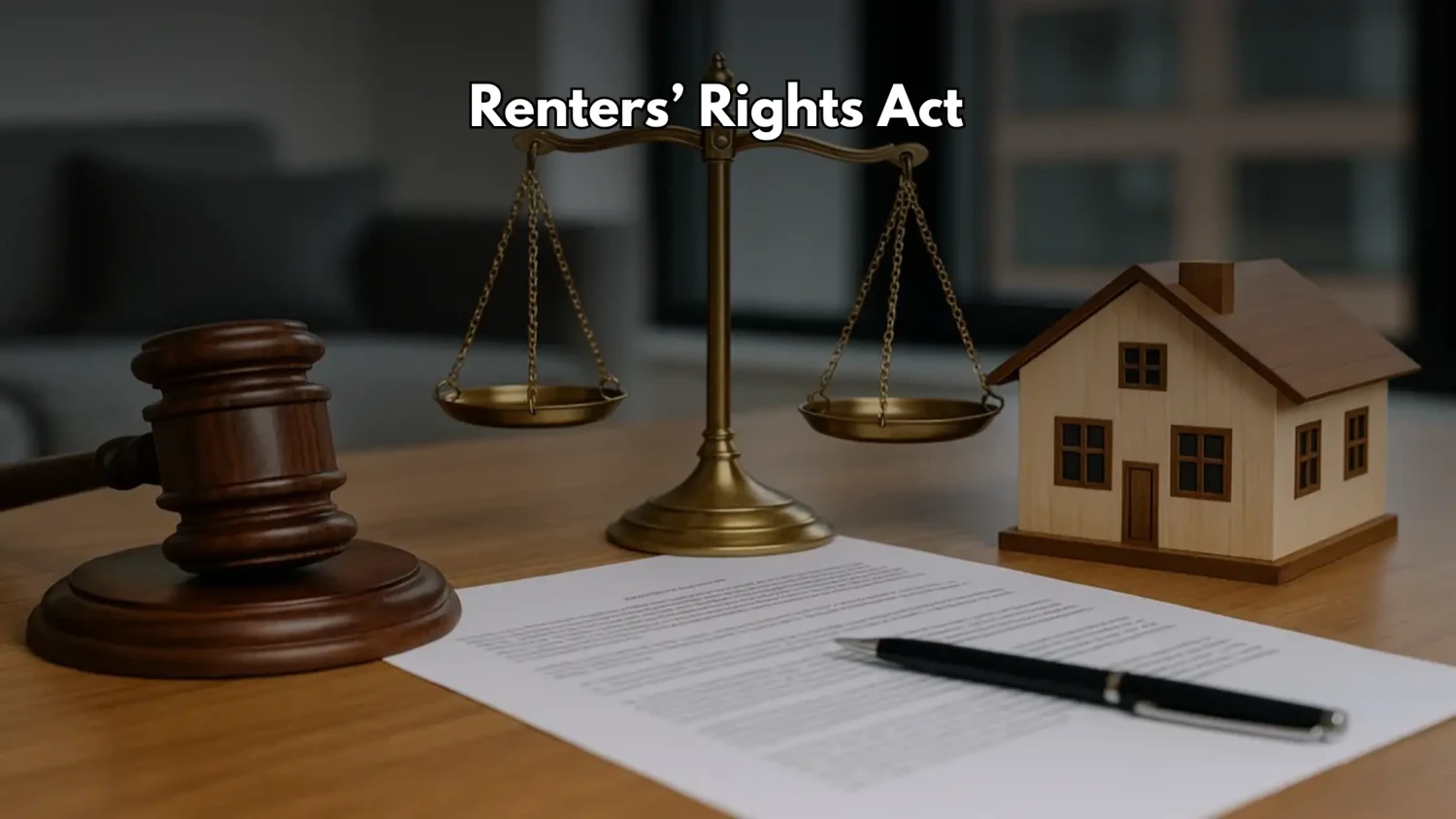
Property renting is a dynamic sphere, and any landlord of Houses in Multiple Occupation should be kept up to date about licensing changes. Those latest changes in HMO licensing laws have shaken up the way landlords looked at managing their properties; it is now a matter of selecting between being compliant and being swiftly put into court by defaulters.
What Has Changed in Mandated HMO Licensing?
Before October 2018, a property only had to be HMO licensed if:
- It was indeed an HMO.
- It was a HMO with five or more tenants from different households.
- It had three or more storeys in height.
The last of these was removed-the three-storey rule. From 1 October 2018, any HMO with five or more tenants from different households will be required to obtain an HMO licence, regardless of whether it has one floor or two floors.
From a landlord's perspective, what this change does is basically broaden the range of properties that would require a licence. A landlord who rents any property without first securing an HMO Licence is liable to serious penalties. Indeed, a number of councils go to the extent of offering discounted rates to landlords when they submit an application early, while accredited landlords might qualify for a reduced fee on lodging the application.
Minimum Room Size Regulations
After a series of changes in licensing, minimum room sizes for HMOs were introduced. Now, local authorities are required to assign the following conditions to HMO licences:
- Single (aged 10 and above): a minimum of 6.51 sq m.
- Double (aged 10 and above): a minimum of 10.22 sq m.
- Children under 10: minimum 4.64 sq m.
Any room smaller than 4.64 sq m cannot be used for sleeping accommodation.
Landlords must also report any rooms below this size to the local housing authorities, ensuring the properties are up to standards of safety and adequacy for living.
Transitional Period for Existing HMOs
For an HMO set up and operating before 1 October 2018, the council must give landlords up to 18 months to allow them to rectify breaches of the new conditions. During this period:
- Licences shall not be revoked simply by reason of non-compliance with the new size requirement.
- Landlords shall not be penalised unless they willfully breach their conditions.
Insofar as the landowner has been convicted of offences relating to the overcrowding of either of these premises or breaches of licence before, none of this lenience applies.
Household Waste Conditions
An important change that remains largely unnoticed in the community is the household waste requirement. Landlords are now required to comply with any scheme for waste storage and disposal put in place by their local authority. This provision ensures proper handling of rubbish whilst eliminating the risks posed by health hazards to shared houses.
Why These Changes in HMO Licenses Are Important
The changes aim to
- Enhance tenant living conditions.
- Control overcrowding in HMOs.
- Hold landlords accountable for safety, waste, and housing quality.
For landlords, ignoring these HMO licensing regulations can translate into fines, lawsuits, and in some cases, the prohibition from renting any property.
Conclusion
The revised HMO Licensing represents, arguably, the most important change in UK landlord regulation. Right from the removal of the three-storey rule to strict minimum room sizes and waste collection requirements, landlords must now take prompt measures to remain compliant.
If you hold an HMO or are considering investing in one, now is the time to review your property portfolio and ensure compliance with every requirement. Staying informed goes beyond simple avoidance of fines, it is about ensuring the accommodation is safe, legal, and of a certain standard.









